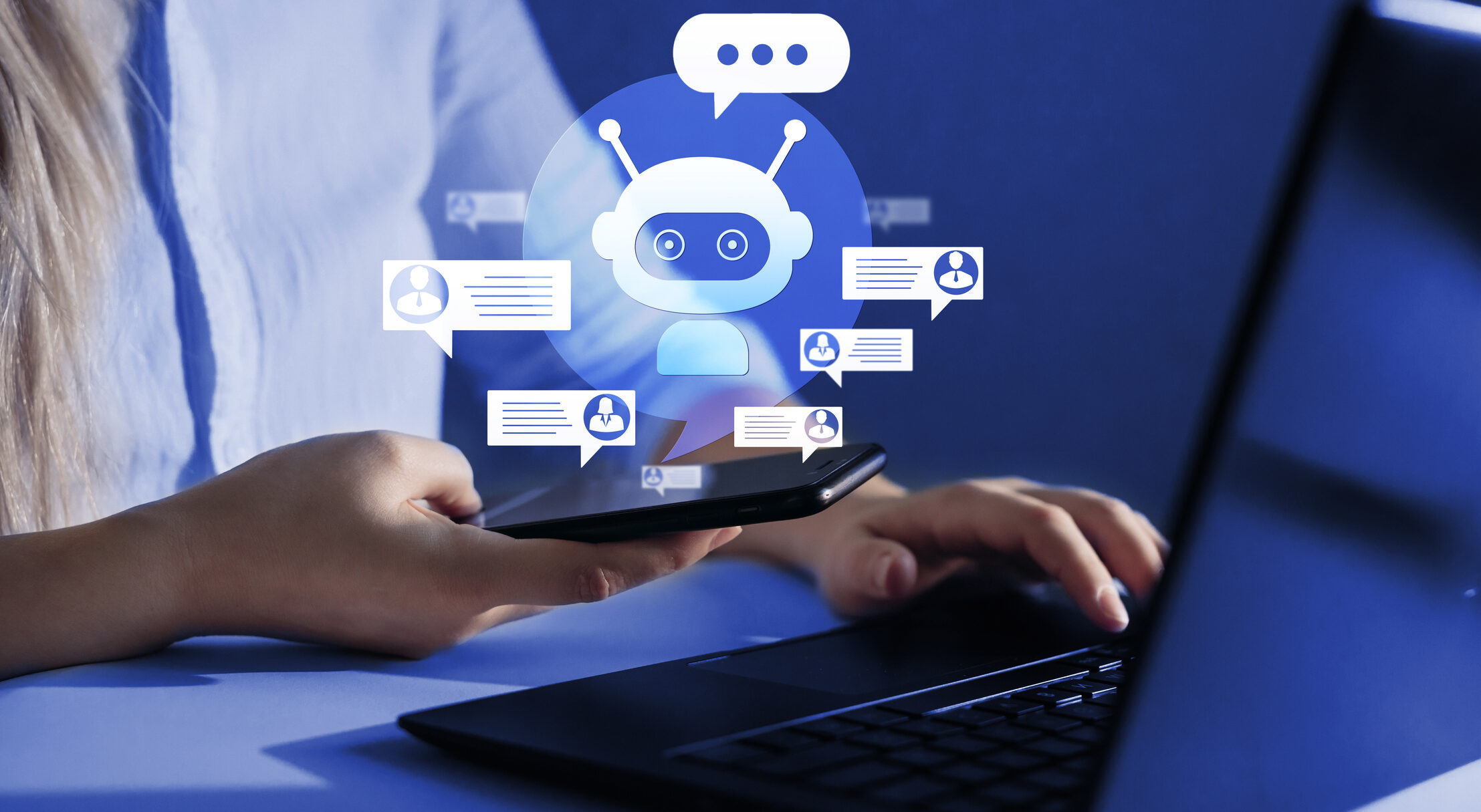Your Secret Helper: How AI can make your work more efficient and effective
We’re all aware of the ways in which AI can enhance productivity in many jobs across many different industries. Some of these are quite commonplace today, and we might be tempted to take them for granted. Think of automation of repetitive tasks, or personalized customer experiences (such as chatbots), or optimized resource allocation (such as finding the best delivery routes to minimize fuel consumption and delivery times).
More advanced is the ability to enhance decision making. For example, think of the ability to analyze market trends and recommend optimal investment strategies. Could be useful. Or even broader predictive analytics – such as the ability to analyze patient data to predict disease progression or recommend personalized treatment plans, ultimately improving patient outcomes. Powerful stuff.
What about in our world, the world of HR? While not (necessarily) saving lives, AI can be a game-changer in HR management, making many aspects of our roles more efficient and effective.
Here are some examples of how AI can assist:
Recruitment. AI tools can quickly sift through large volumes of resumes, identifying the most qualified candidates based on keywords, experience, and qualifications. They can match candidates to job descriptions more accurately by analyzing their skills, experience, and fit for the role. AI-powered chatbots can also handle initial candidate interactions, answer FAQs, and even schedule interviews.
Onboarding. AI systems can streamline the onboarding process by guiding new hires through paperwork, training modules, and initial tasks. These systems can also create personalized learning and development plans for new employees based on their role and career goals.
Employee engagement and retention. AI can analyze employee feedback from surveys, social media, and other sources to gauge morale and identify areas for improvement. It can even help predict employee turnover by analyzing patterns in employee behaviour, performance, and engagement.
Performance management. Various tools are available which can assist in tracking employee performance metrics and providing data-driven insights into productivity and goal achievement. In addition, they can analyze feedback from various sources to identify trends and areas where employees may need additional support or training.
Learning and development. AI can recommend training programs and development opportunities tailored to individual employee needs and career aspirations, and can track and analyze the resulting learning progress to assess the effectiveness of these programs.
Skills-based hiring. Today’s tools can help reduce unconscious bias in the hiring process by focusing on skills and qualifications rather than irrelevant factors. Further, they can analyze workforce metrics and provide insights into how well your organization aligns individual skill sets with position requirements.
By leveraging these AI capabilities, we can enhance the efficiency and effectiveness of HR processes, allowing us to focus more on strategic initiatives and employee well-being, maximizing our contributions to the organization.
Peter Saulnier is the founder of LOGAN’s Talent Division, and a Partner with Talent Harbour, www.TalentHarbourGroup.com. He and the team can be reached at ClientServices@LoganHR.com.









